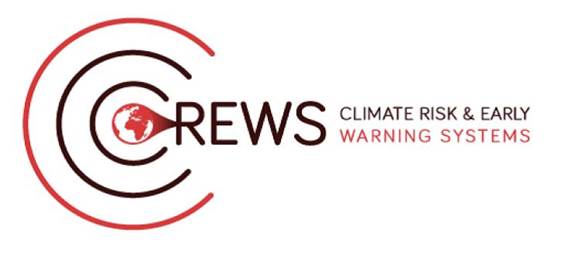| Key figures for the region for 2024 |
| 17 countries and territories assisted in 2024 |
| 0 countries affected by conflict |
| 1 country with social/ institutional fragility: Haiti* |
| 1 regional programme: Caribbean 2.0 |
| 1 country programme: Haiti |
| 1 Accelerated Support Window intervention: Belize |
| USD 13.54 million programme funding (to 31 December 2024, excluding ASW) |
*In 2025, the World Bank assessed Haiti as being affected by conflict but in 2024, the country was listed as being affected by fragility.
Regional Advancing Resilience: Strengthening Multi-Hazard Early Warning Systems in the Caribbean: The first Americas and Caribbean Multi-Hazard Early Warning Systems (MHEWS) Regional Multi-Stakeholder Forum (MSF), co-chaired by the Caribbean Disaster Emergency Management Agency, together with UNDRR and WMO, was held as a hybrid event on 5 December 2024.
Common elements included people-centred and inclusive approaches, impact-based and action-oriented systems, data management and integration, leveraging local, traditional and indigenous knowledge with state-of-the-art science and technology, strengthening governance and institutional support, enhancing financing for vulnerable communities, and localized action and community empowerment.
Key outcomes included commitments to enhance coordination, innovative policy and financing frameworks and stronger public-private partnerships. Special emphasis was placed on community engagement, innovative financing strategies, and leveraging technology for more effective and inclusive risk communication.
Haiti: From October to December 2024, 19 young people, including 10 women, received 45 days of theoretical and practical training in weather forecasting and observation for aviation activities. Upon completion, they participated in a practical internship at the National Office of Civil Aviation and the Hydrological Unit of Haiti.
Seventeen of the 19 trainees earned certificates and were hired by the Haitian government as weather forecasters and observers at Hydrological Unit of Haiti and the international airports in Cap-Haitien and Port-au-Prince.
The certificate award ceremony took place in February 2024, with the Minister of Agriculture and the Director General of National Office of Civil Aviation in attendance.
Caribbean region: With support from the CREWS Caribbean 2.0 programme, late 2024 saw the delivery of the second and final phase of a regional course designed to improve Marine Weather Competencies in SIDS. An online learning course was held from 28 October to 22 November 2024, followed by face-to-face learning in Bridgetown, Barbados, from 2-11 December 2024. The training was hosted by the Caribbean Institute for Meteorology and Hydrology and strengthened a range of technical skills, including basic satellite imagery interpretation for marine environment, impact-based forecasting and wave forecasting. Many of the sessions were interactive so that they enhanced both technical skills in marine forecasting and the communication skills required for service delivery. These sessions brought the participants closer to the marine stakeholders and helped them understand better their end-users’ needs while enhancing their competency with regards to Marine Service provision.
